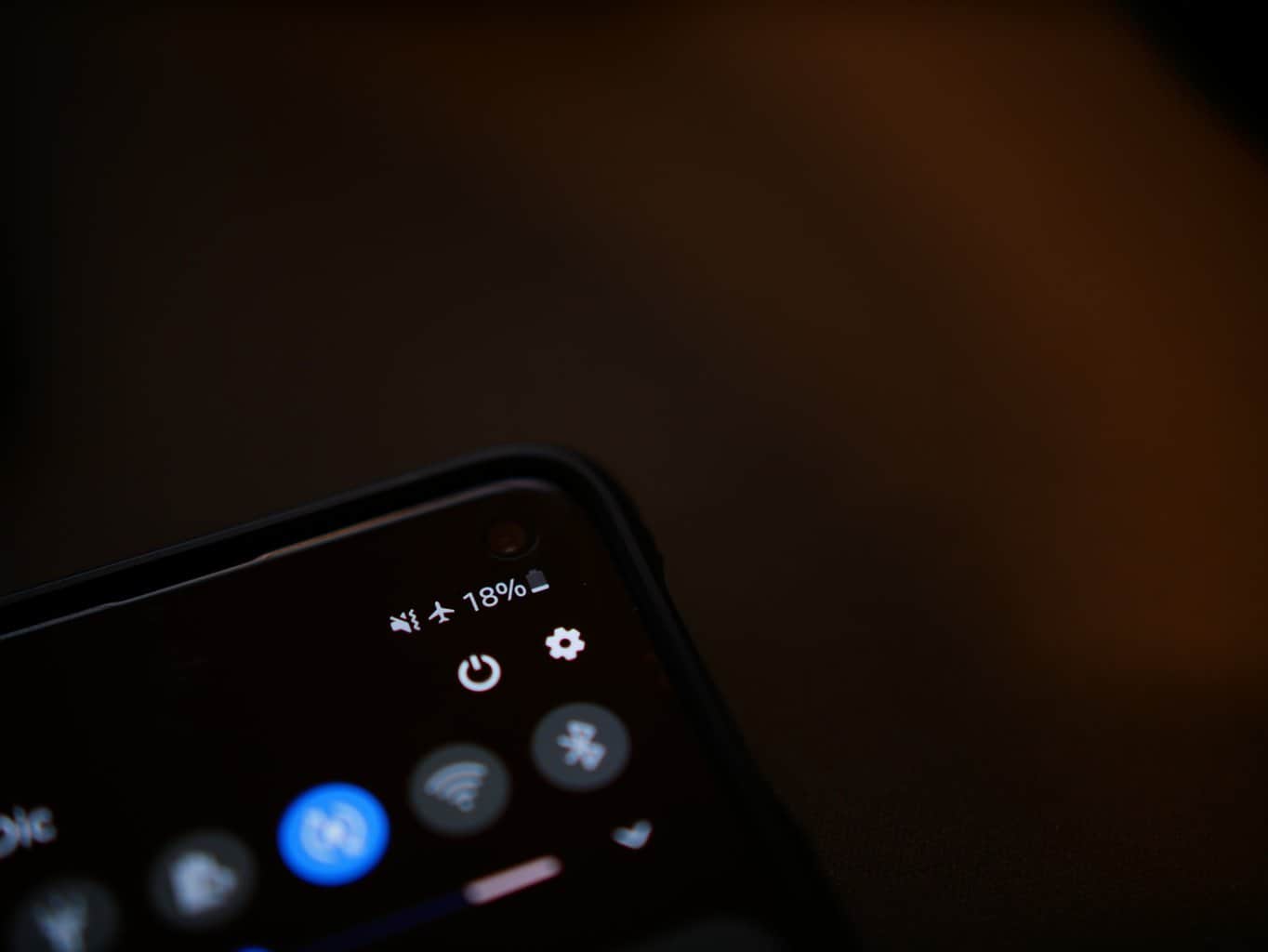
12 Apr Does VPN Drain Battery on Your Smartphone
In the modern world, internet security is paramount – and as such, many people choose to use a Virtual Private Network (VPN) for their smartphone. However, there are concerns that using a VPN on your smartphone can have an impact on your battery life. In this article, we will be exploring this issue and determining the truth behind whether or not a VPN can drain the battery of your smartphone.
Table of Contents
VPN & Battery Life
Using a Virtual Private Network (VPN) is an excellent way to secure your online communications and protect your privacy. However, some users may be concerned about the impact that VPNs have on their device’s battery life. In general, connecting to a VPN can drain your smartphone’s battery faster than usual, but the extent of this impact depends on various factors.
One important factor that determines whether a VPN will significantly affect your battery life is the type of encryption it uses. Stronger encryption requires more processing power and therefore more energy from your device’s battery. Additionally, some VPN apps consume more resources than others due to their design or features like ads or tracking.
However, the good news is that most modern smartphones have advanced batteries capable of handling the extra load required by running a VPN service without any significant issues. So if you’re using a reputable VPN app with decent encryption and not noticing any significant performance drops or overheating issues, there’s no reason to worry about its impact on your device’s battery life.
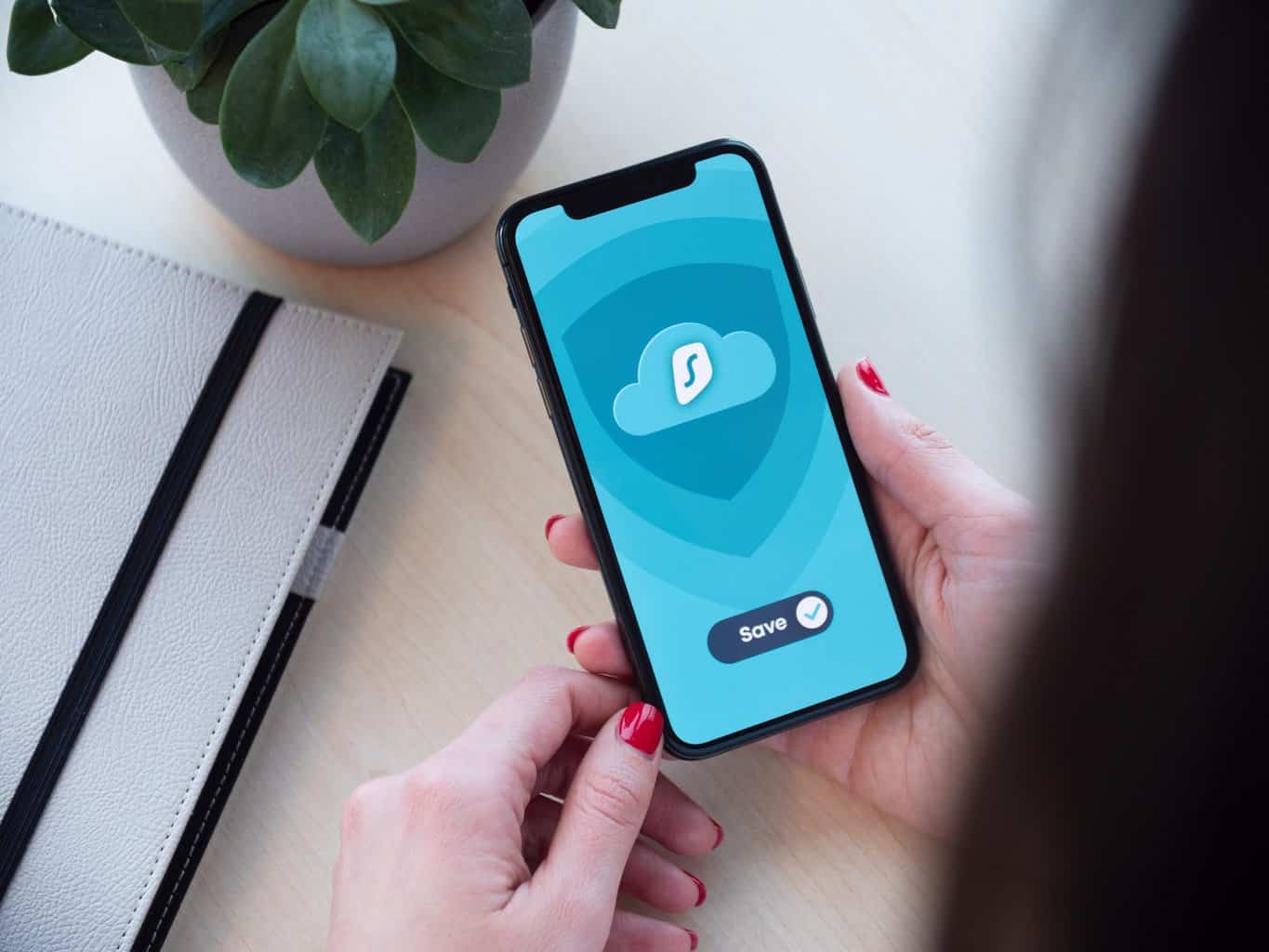 What is a VPN?
What is a VPN?
Using a VPN on your smartphone requires a certain amount of processing power and internet connectivity, which can cause an increase in battery usage. However, the extent to which a VPN will drain your battery depends on several factors, including the type of VPN you are using and how it is configured.
Some VPNs are designed with efficiency in mind and use optimized protocols that consume less power. Additionally, modern smartphones have improved energy management features that help reduce battery consumption while running apps in the background.
Overall, while using a VPN may lead to increased battery drain on your smartphone, it is unlikely to have a significant impact if you are using a reputable provider with well-designed software. It’s always best to check the reviews for any particular app or service before installing or subscribing to it so you can get an idea of how other users find its impact on their device’s battery life.
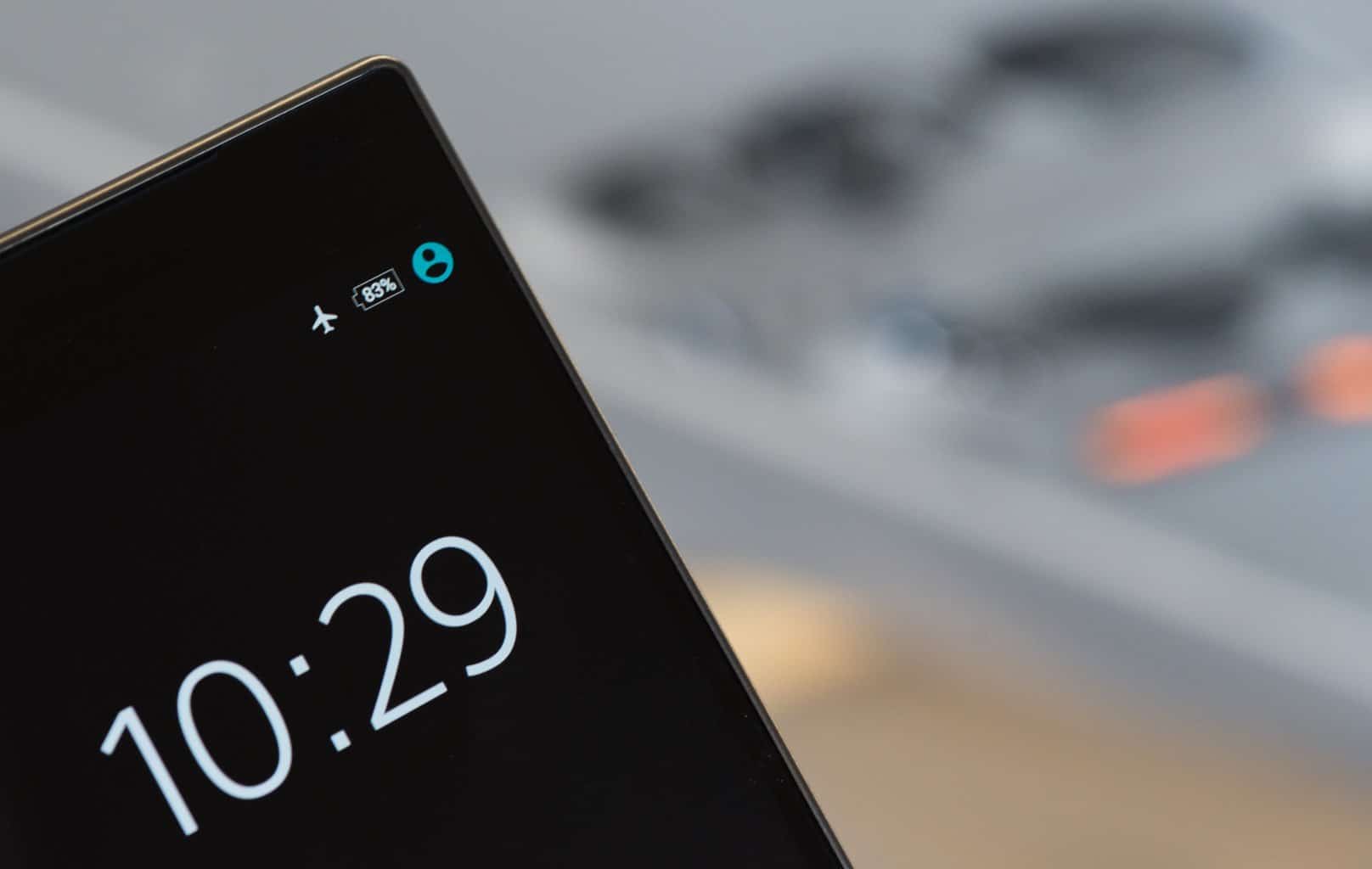 Does a VPN Drain Battery?
Does a VPN Drain Battery?
A VPN, or virtual private network, can consume a certain amount of battery life on your smartphone. When you use a VPN, your device needs to establish and maintain a secure connection with the VPN server. This process requires energy from your phone’s battery. However, the amount of energy consumed varies depending on several factors such as the type of encryption used by the VPN service provider, the strength of your mobile signal and how long you use it.
Another factor that affects battery life when using a VPN is related to streaming activities. Streaming video content or conducting online activities that require high bandwidth will typically consume more battery than browsing static web pages or reading emails. This is because streaming services often involve higher data usage rates which can impact overall performance and drain more power from your device.
Overall, while using a VPN may impact your smartphone’s battery performance to some extent, it should not be significant enough to discourage you from using one. There are various ways to optimize power consumption such as turning off location services or lower screen brightness if those features are not necessary for what you’re doing on your phone at that time.
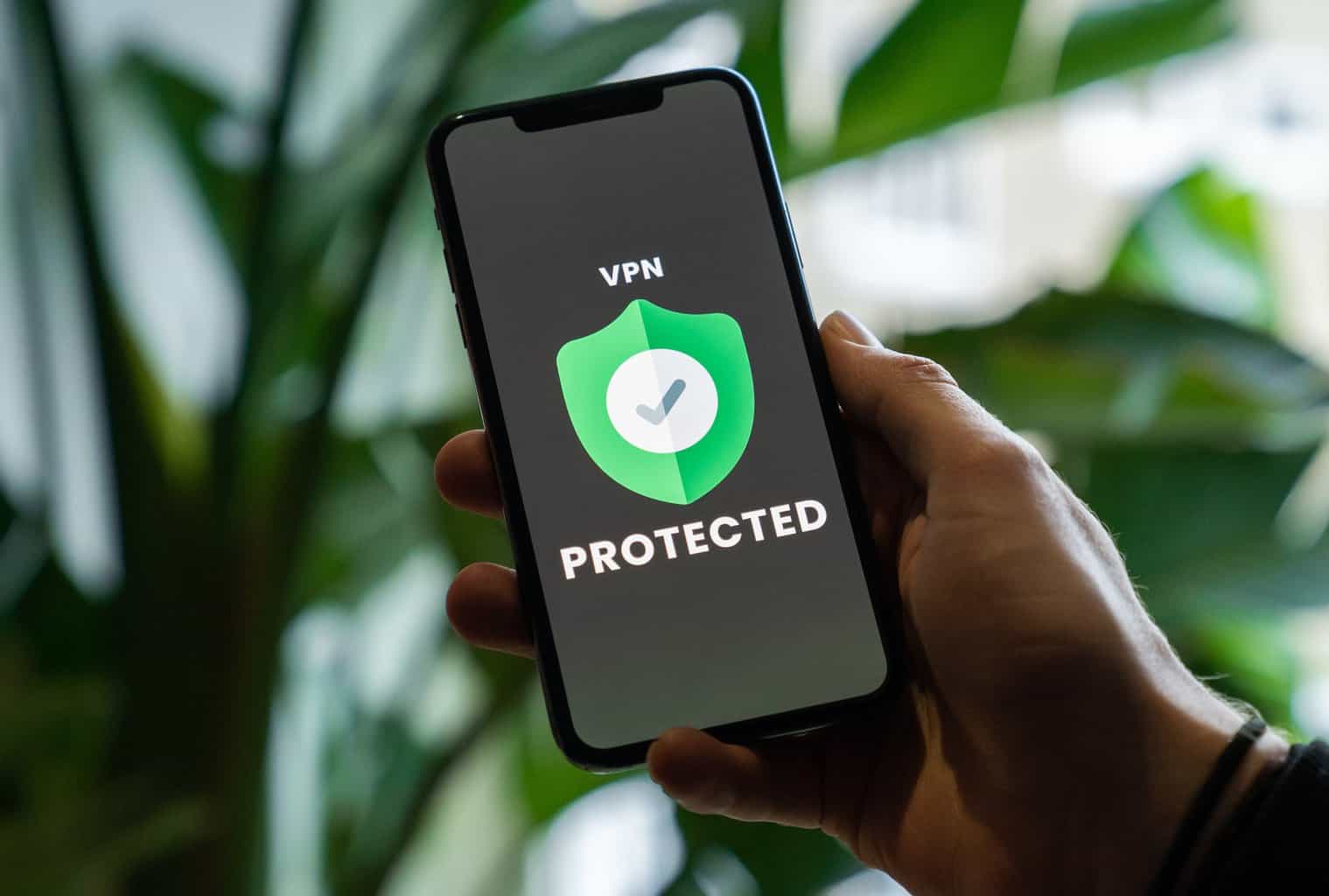 Impact on Mobile Networks
Impact on Mobile Networks
Using a VPN on your smartphone may have an impact on mobile networks. While a VPN can provide added security and privacy to your online activities, it can also cause increased data usage and slower connection speeds. This is because a VPN encrypts your internet traffic, which means that it takes longer for data to be transmitted between your device and the server you are connecting to.
Furthermore, some VPNs may require more processing power from your phone’s CPU, which can lead to higher battery consumption. This is especially true if you are using a free or low-quality VPN service that does not optimize its performance for mobile devices. However, many reputable VPN providers offer specialized apps that are designed to minimize battery drain and reduce network congestion.
Overall, while using a VPN on your smartphone may have some impact on mobile networks, the benefits of enhanced security and privacy often outweigh any minor inconveniences. It is important to choose a reliable VPN provider with optimized mobile apps in order to minimize potential network disruptions and ensure the best possible user experience.
Impact on Device Processor
Using a VPN on your smartphone does have an impact on the device processor. When you connect to a VPN service, your phone has to encrypt and decrypt data packets that are being sent and received from the internet. This process puts additional strain on the device processor, which in turn can lead to increased battery drain. The extent of this impact depends on several factors such as the encryption protocol used by the VPN service, the processing power of your smartphone’s processor and more.
However, it is worth noting that not all VPN services are created equal. Some providers offer optimized apps that work well with smartphones and consume less battery life than others. Additionally, newer smartphones come equipped with processors designed to handle heavier loads like these without significantly impacting their performance or battery life.
Ultimately, while using a VPN on your smartphone may cause some additional drain on its battery life due to increased processor usage, it is still possible to find ways around this issue by choosing an efficient provider or upgrading your device’s hardware accordingly.
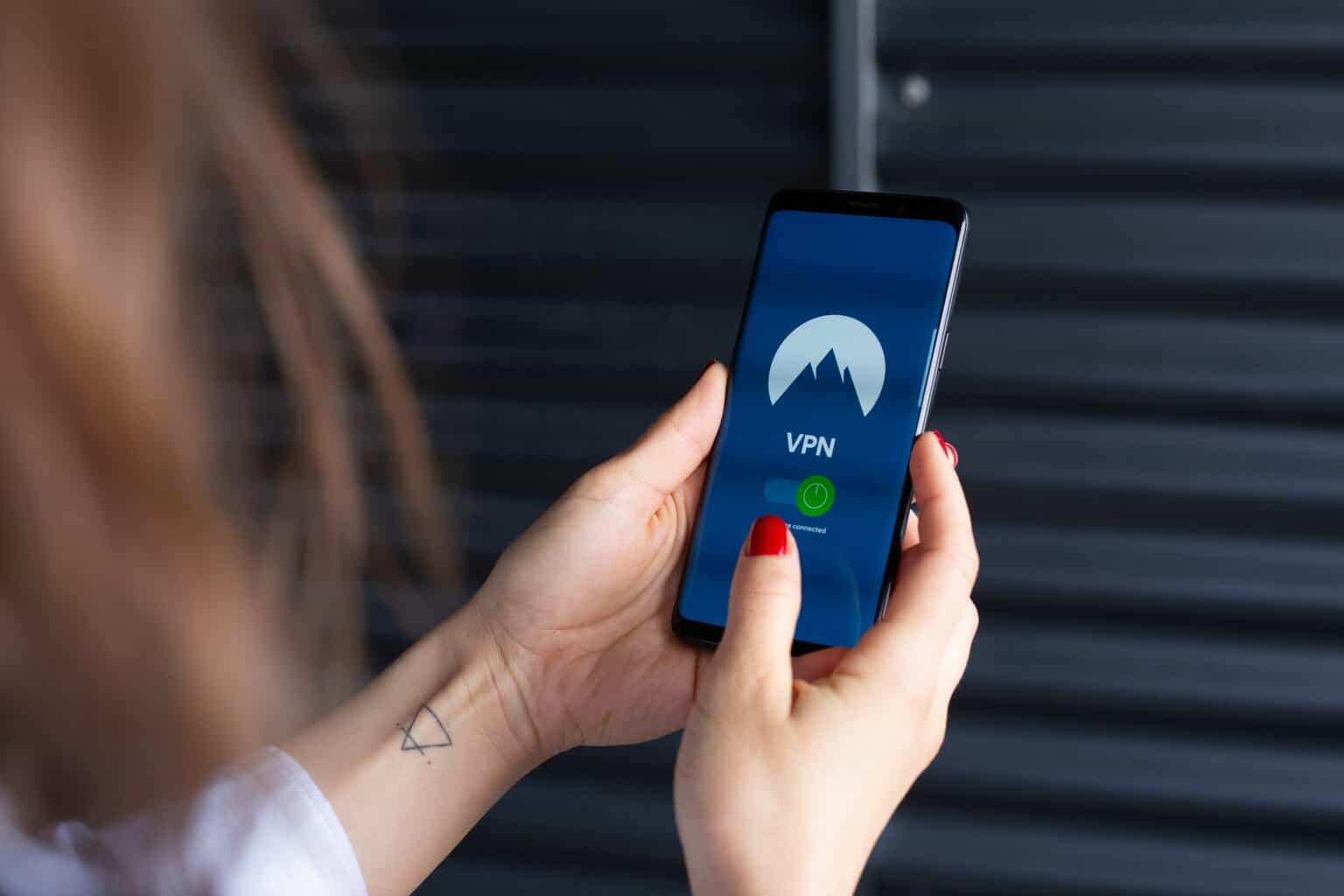 Potential Solutions
Potential Solutions
The use of a VPN on your smartphone can have an impact on battery life, but there are potential solutions to mitigate the drain. One option is to choose a VPN provider that has optimized their service for mobile devices. This means they have developed algorithms and protocols that consume less power while still providing secure connectivity. Additionally, you can try using a VPN with an automatic kill switch, which shuts off the connection if it detects any interruptions or instability in the network.
Another solution is to manually adjust your phone’s settings for optimal battery life while using a VPN. For instance, you could lower your screen brightness or turn off unnecessary features like Bluetooth and location services when not in use. You can also close other apps running in the background that may be draining battery power. Finally, consider investing in a portable charger or backup battery pack so you always have extra power on hand when needed. By implementing these potential solutions, you can enjoy the benefits of using a VPN without worrying about excessive battery drain on your smartphone.
Conclusion
In conclusion, using a VPN on your smartphone does have an impact on battery life. However, the extent of this impact varies depending on several factors such as the strength of your internet connection and the quality of the VPN app you are using. Some VPN apps are designed to optimize battery usage by minimizing background activity and reducing unnecessary data transfers.
If you want to use a VPN without draining your phone’s battery too much, there are some steps you can take. For instance, choosing a reputable VPN provider that offers efficient apps optimized for mobile devices is essential. Additionally, closing any unused apps running in the background can also help prolong your phone’s battery life while using a VPN.
Overall, it is recommended that users strike a balance between security and convenience when it comes to using a VPN on their smartphones. It may be necessary to sacrifice some battery life for enhanced privacy and security provided by these applications but taking measures such as those mentioned above can help mitigate this impact.



No Comments